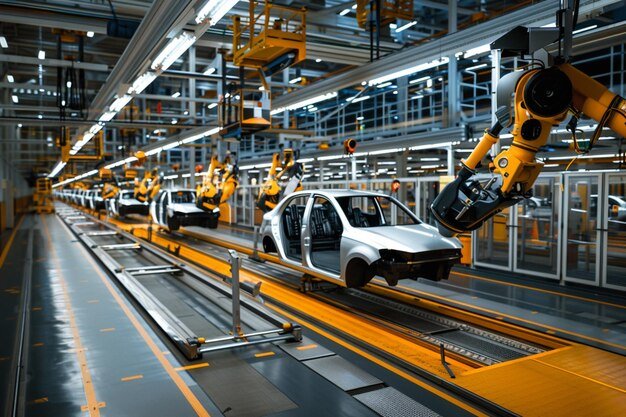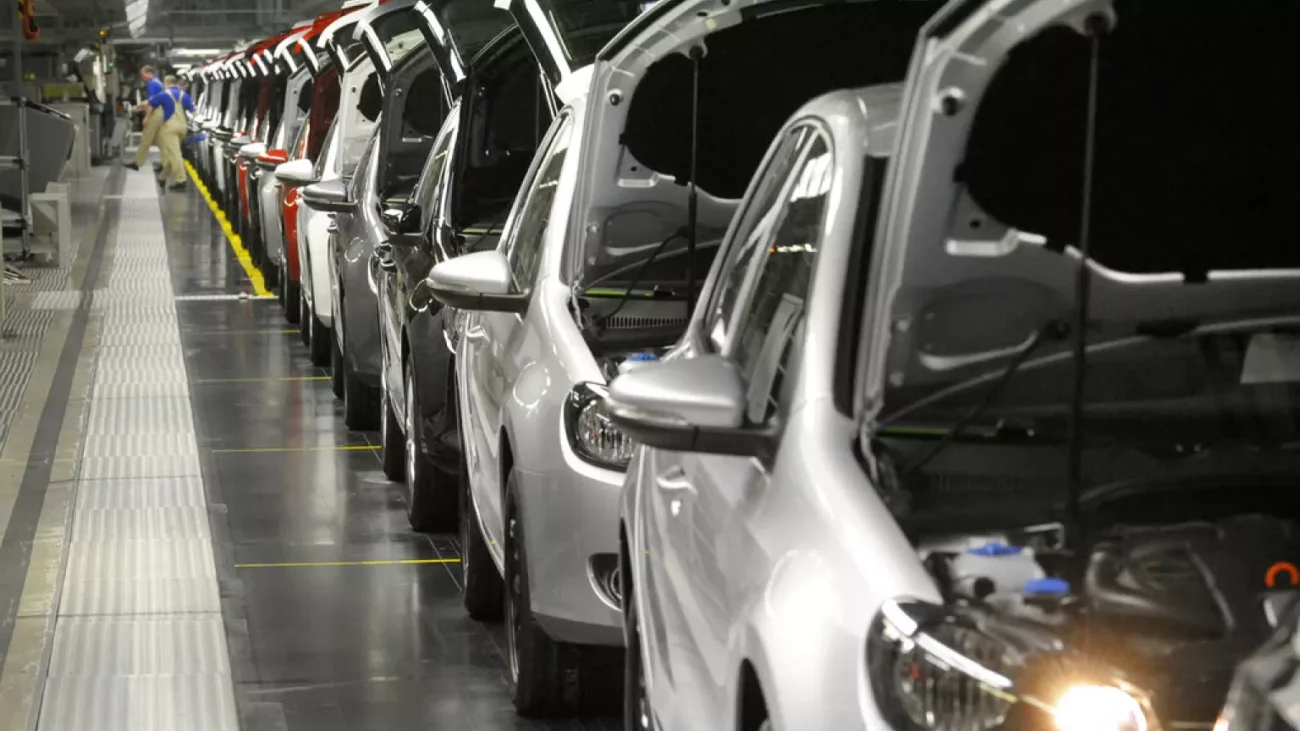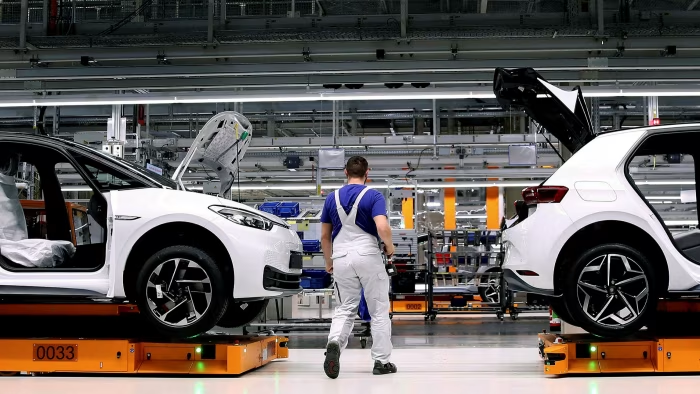driver’s licence Spain.The automotive industry in Europe is undergoing a radical shift. Advanced technologies now dictate production, supply chains, and performance. European automakers increasingly depend on semiconductor chips and cloud-based systems to stay competitive in the digital era.
The Rise of Tech in European Automotive Manufacturing

Over the last decade, cars have become software-heavy machines. Automakers now install up to 3,000 chips in a single vehicle. These chips power everything from basic sensors to high-performance driver-assistance systems.
Cloud technology also plays a growing role. Automakers use it to collect, process, and analyze vast amounts of vehicle data. Real-time updates, predictive maintenance, and autonomous driving rely on cloud infrastructure.
According to a 2024 McKinsey report, chip demand in Europe’s automotive sector has doubled since 2020. As demand rises, chip shortages threaten production timelines.
Challenges Facing European Car Makers

Many European automakers lack direct access to chip fabrication plants. Instead, they rely on suppliers based in Taiwan, South Korea, and the United States. Geopolitical instability increases the risk of disrupted supply chains.
Cloud services also bring concerns. Most providers belong to Big Tech, including companies based outside the EU. This raises questions around data privacy, sovereignty, and compliance with GDPR laws.
These challenges can delay vehicle deliveries and limit innovation. The effects extend beyond manufacturers. Even drivers seeking a driver’s licence Spain may face longer waits for connected vehicles.
Case Study: Volkswagen’s Tech Transformation

Volkswagen has launched its own software subsidiary, Cariad, to reduce tech dependency. The brand aims to design proprietary chips and cloud solutions by 2026.
While this move is bold, it comes with risk. Developing in-house technology requires heavy investment. It also demands collaboration with top engineers and regulatory approval within the EU.
Volkswagen’s ambition could set a new standard for European automakers. Success may even affect related markets such as online platforms like European Drivers License, which serve digitally aware drivers across the continent.
Policy Support and EU Goals
The European Commission has introduced the EU Chips Act, aiming to double Europe’s global chip production share by 2030. Public-private partnerships will help create chip foundries in countries like Germany and France.
These efforts could benefit car manufacturers, tech firms, and even those applying for a driver’s licence Spain. A more resilient tech ecosystem will support innovation across industries.
What It Means for Everyday Drivers
Advanced tech doesn’t just help manufacturers. It also improves the driving experience, safety, and licensing processes. Cloud-backed tools are increasingly used for virtual driving exams and license verification in countries like Spain.
Websites such as European Drivers License simplify the process for international applicants. As cloud adoption grows, license management becomes faster and more transparent.
Whether you’re a manufacturer or someone getting a driver’s licence Spain, the influence of cloud tech and chips is undeniable.
Final Thoughts
European automakers must innovate or risk falling behind. Investing in chip production and secure cloud systems is no longer optional. It’s essential for survival and growth.
Tech dependence affects not just production lines but also licensing, regulation, and user experience. Platforms like European Drivers License are already part of this digital shift.
As chips and cloud services become core pillars of mobility, the next big challenge will be ensuring that Europe keeps control of its data, vehicles, and future.


